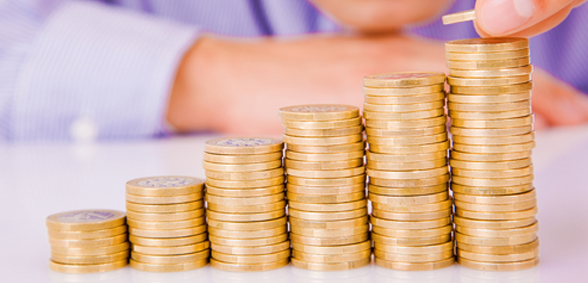
CREDIT: This story was first seen in the Mail Online
Private school fees have trebled in real terms since 1980 – but parents are undeterred, according to a study.
The Mail Online reports that researchers said the cost of independent schooling has risen inexorably over the last four decades as a proportion of household budgets.
Even a family whose income is higher than that of 95% of those in England has to pay a fifth of its income to educate just one child privately.
Yet the researchers found that, contrary to popular opinion, fee-charging schools have not become any more the preserve of the super-wealthy as a result. While some less well-off households are deterred by higher fees, this has been offset by the sector’s attempts to broaden its social mix through offering partial bursaries, the research found.
Many families are also dipping into savings or receiving gifts from relatives, the study said.
The research was carried out by academics at the Centre for Learning and Life Chances in Knowledge Economies and Societies at the UCL Institute of Education.
Their paper, Who is Choosing Private Schooling in Britain and Why, looked at fee data from the Independent Schools Council, whose schools educate 80 per cent of private sector pupils.
Average annual fees for boarding schools for older children stand at £30,651, or three times what they were in real terms in 1980, when the cost was £10,622 in today’s prices. In junior day schools, where fees are now £12,234 on average, the real terms increase has been roughly the same, from a corresponding 1980 fee of £4,002.
This means that for families who have more income than 95% of the population the average fees for one child have risen from 10 to 20% of their income over the period.
For the small minority of families with a child at a private school but only the national median average income, the proportion of income spent on that child rose from 20 to 50 per cent in the time frame.
However, the researchers also found the income demographics of those paying for private education had changed little over 20 years.
In the period 1994-2000, just under half of private school families had income in the top 10 per cent of all families nationally – and the proportions remained very similar for the period 2001-2016.
In addition, between 2004 and 2014 there was no change in the proportion of private school parents who belonged to the managerial and professional classes – eight out of every ten families. The study said this may be because the proportion of pupils at private schools receiving bursaries or scholarships rose from seven per cent in 1982 to 33% in the past ten years.
The researchers concluded higher fees were not making these schools more exclusive since among wealthy families incomes have risen sharply since the 1980s.
But they also said that while bursaries helped families with more modest incomes cope with the rises, they had not led to a broadening social mix since subsidies were fairly small.
The proportion of school children from UK-resident families using private schools has stayed fairly constant at around six per cent in recent decades.
Don’t forget to follow us on Twitter and keep up-to-date with the latest news and features
